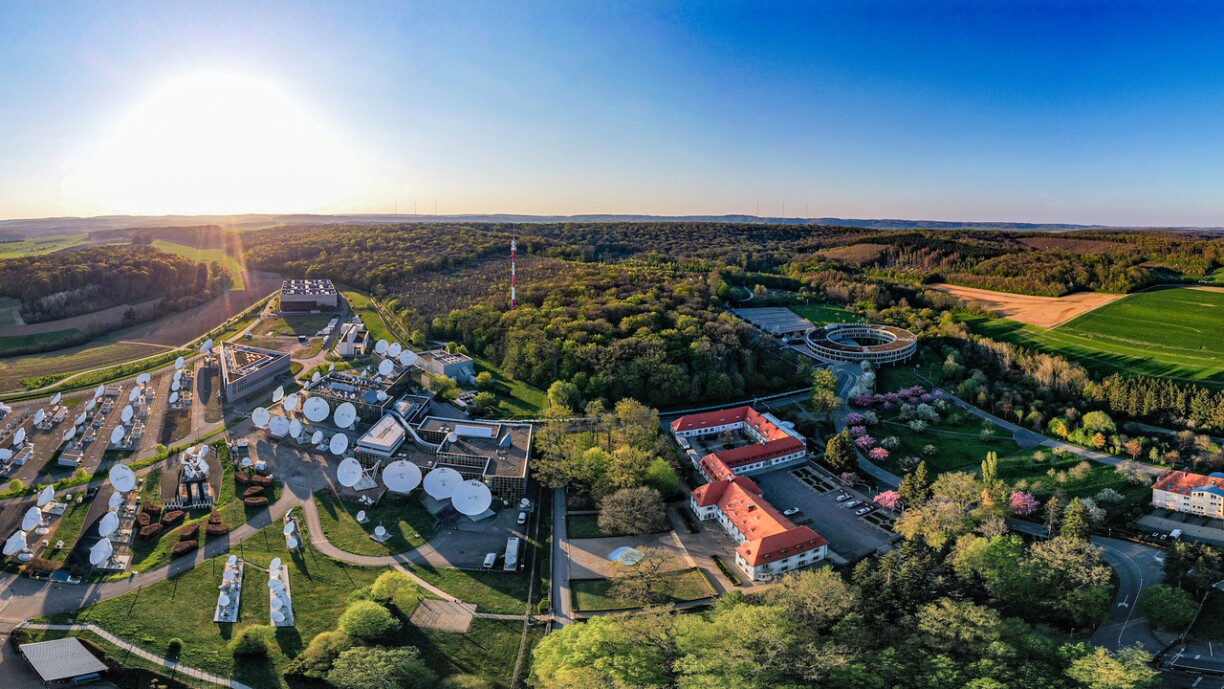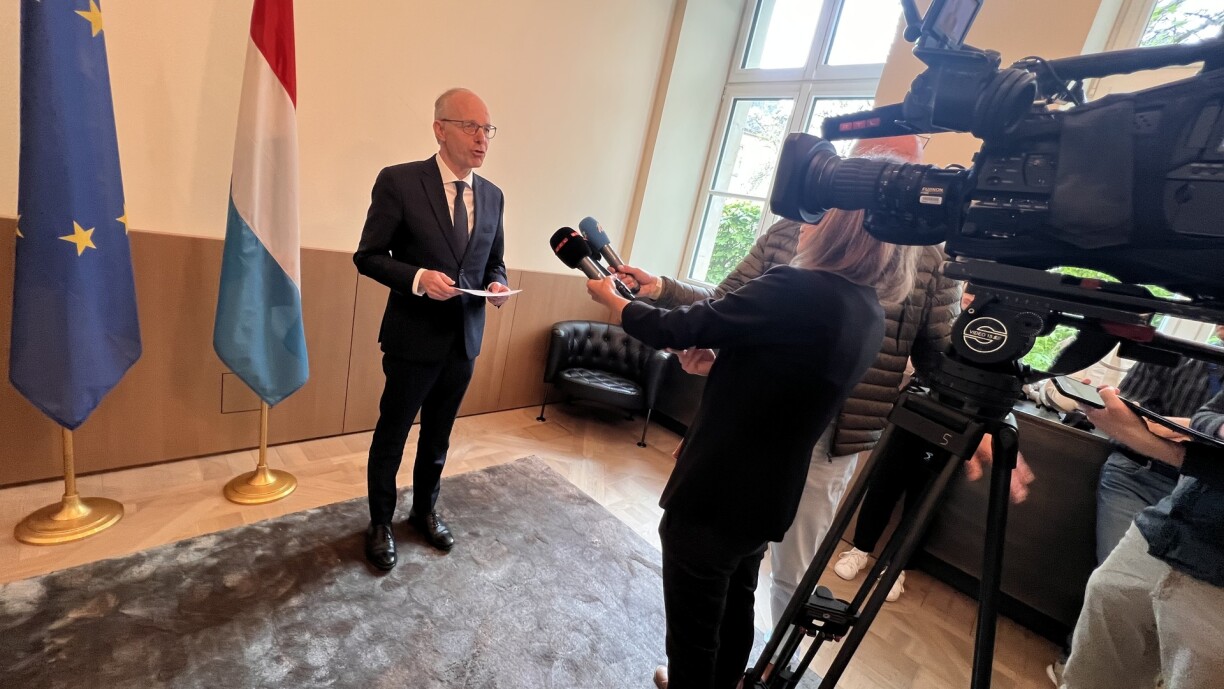
The merger, announced on Tuesday, marks a substantial development in the rapidly expanding sector of satellite telecommunications. SES’s acquisition of IntelSat, for €2.8 billion, positions the company to compete with industry heavyweights such as Starlink and Kuiper, led by US billionaires Elon Musk and Jeff Bezos respectively.
The agreement follows a year-long discussion and occurs amid a landscape dominated by ambitious satellite constellations, notably Musk’s Starlink and Bezos’ Kuiper.
IntelSat has come a long way since it filed for bankruptcy in the US in May 2020, which was followed by a comprehensive restructuring to address its debt obligations.
Established in the 1960s as an intergovernmental consortium to advance international satellite communications, IntelSat underwent privatisation in the early 2000s. The company owns more than 50 geostationary satellites.
The merger underscores the increasing significance of low Earth orbit (LEO) satellite constellations in providing broadband internet services, particularly in remote areas lacking terrestrial fibre-optic infrastructure.
EutelSat, another heavyweight in the sector, projects this market segment to reach a value of $16 billion by 2030.
Leading the charge in this competitive arena is Elon Musk’s SpaceX, whose Starlink initiative has rapidly ascended to become one of the world’s foremost satellite internet providers.
Luxembourg’s Prime Minister, Luc Frieden, expressed satisfaction with the news on Tuesday, emphasising the significance of SES’s acquisition of IntelSat in a challenging economic environment. Frieden remarked, “In a difficult context, in which stagnation would have probably meant regression for SES, I am happy that SES was able to acquire another company and that it was not SES that was acquired. The company is preparing for the future, and that is also the task of the state as a shareholder of such a company.”

Speaking to the press, Frieden underscored Luxembourg’s commitment to fulfilling its obligations to NATO and the European Union, particularly in terms of defence. Against the backdrop of evolving international dynamics, Frieden highlighted Luxembourg’s role in contributing to defence efforts, stating, “As everyone knows, Luxembourg does not produce planes or tanks. I think that we can contribute, not only but also, through the sectors of satellites and communication. And for that reason, I do believe that this is a sector that we have to expand. In this context, SES has the technology and the means that can help us and our allies.”
With the acquisition of IntelSat, SES boasts an order book valued at €9 billion, along with revenues of €3.8 billion and EBITDA of €1.8 billion.
Additionally, SES shared its latest quarterly report on Tuesday, revealing profits just under €500 million. IntelSat, headquartered in Luxembourg since 2010, operates with approximately 1,800 employees, with its operational headquarters situated in Virginia, United States.
The transaction is subject to approval by European and US competition and cartel authorities. The Luxembourg state holds the largest stake in SES, facilitated through entities such as the National Credit and Investment Company (SNCI) and Spuerkeess.
SES shares are traded on stock exchanges in Luxembourg City and Paris. The vice president of the SES Board of Directors, Anne-Catherine Ries, is a representative of the Luxembourg state. Established in 2001, SES is recognized as a pioneer in satellite and space history, employing approximately 2,300 individuals. According to SES, the company’s reach extends to over 360 million households globally through around 6,400 video channels.